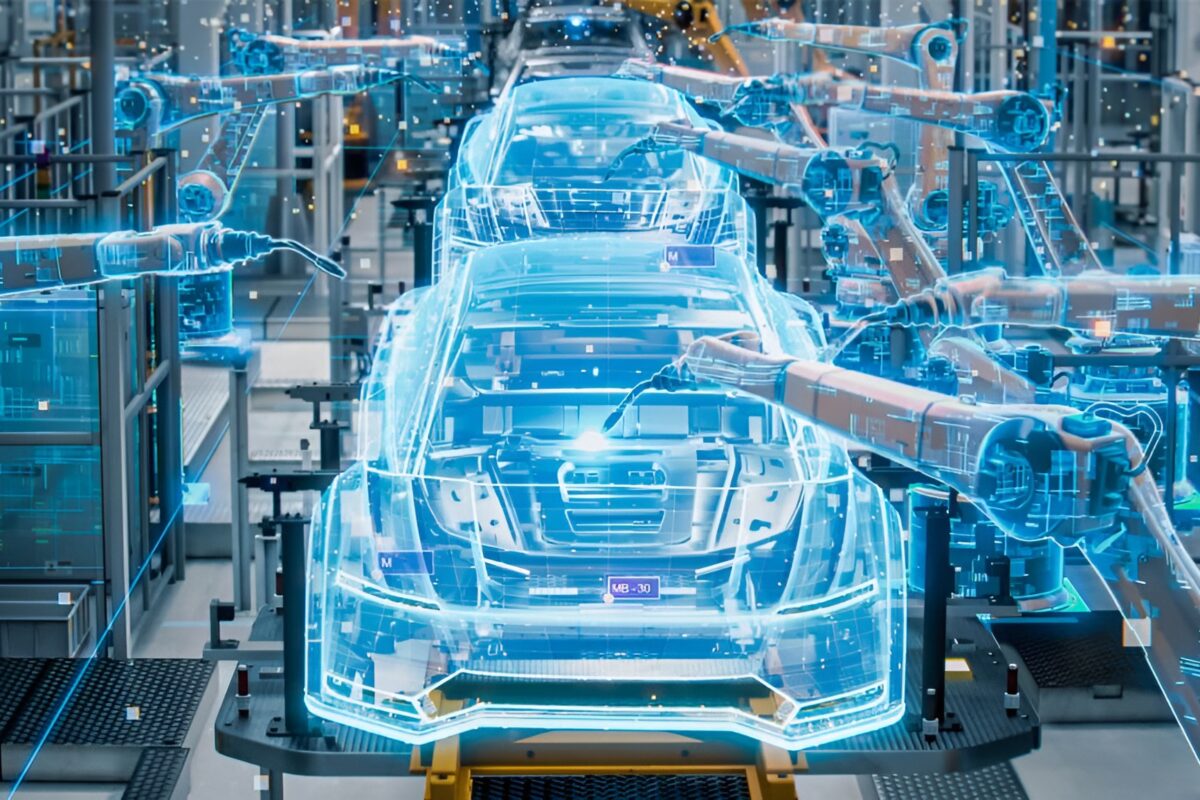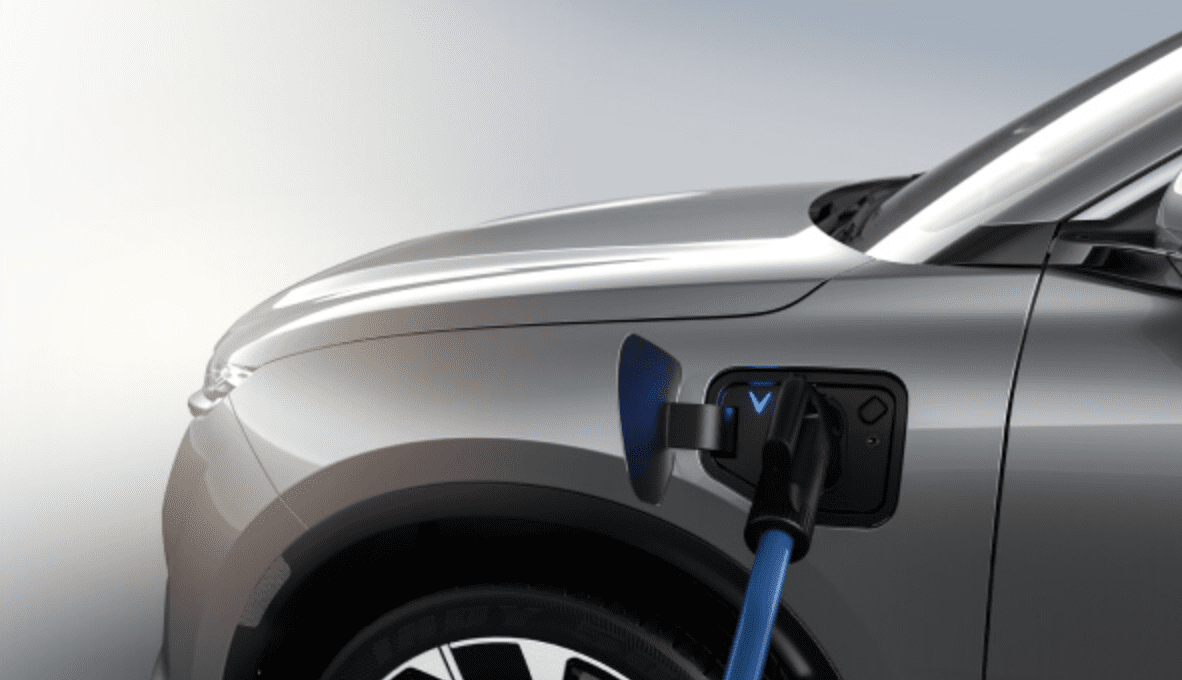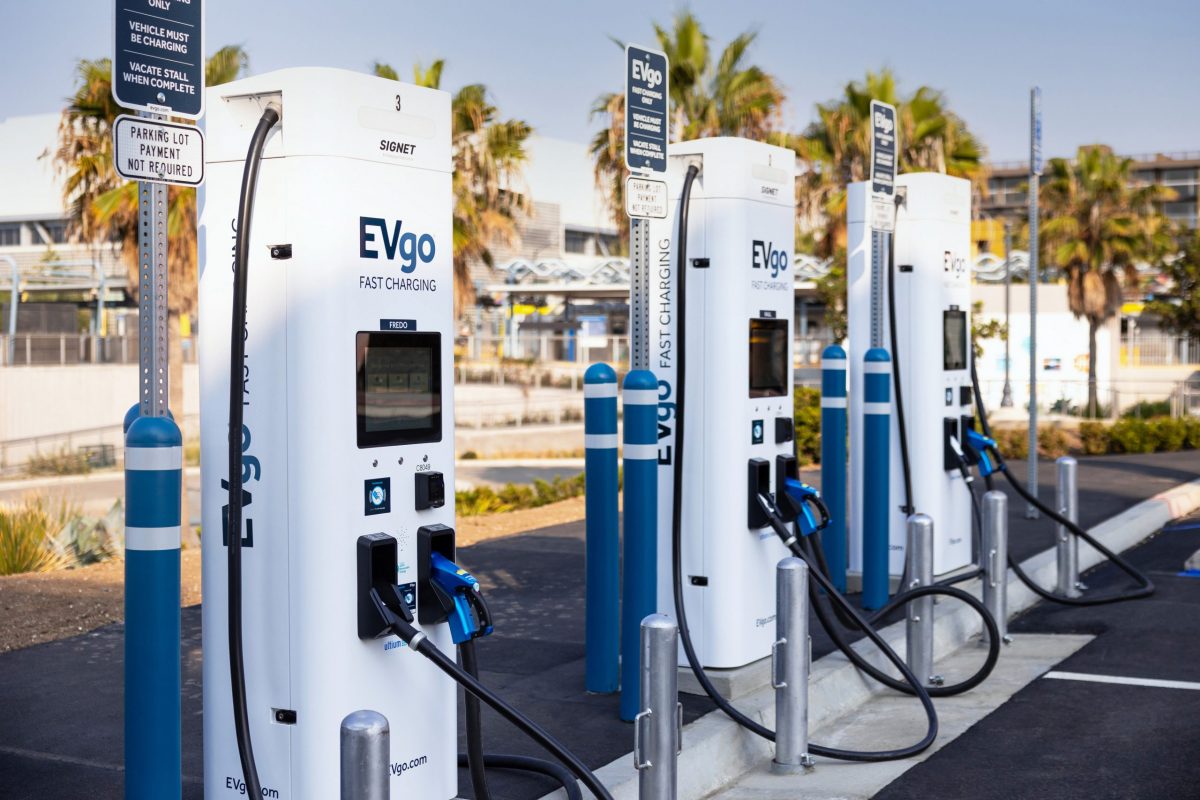No sector within road transportation is more reliant on diesel than heavy-duty commercial vehicles. In the European Union, more than 97% of new medium- and heavy-duty trucks sold run on diesel. A similar figure can be seen across North America.
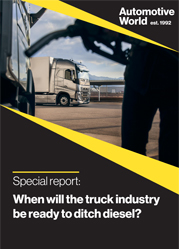 |
A gradual transition away from diesel is inevitable. As a fossil fuel, it will eventually run out. When used in an internal combustion engine, it also produces harmful nitrogen oxides (NOx) and particulate matter (PM). Advanced emissions reduction strategies have improved things, but regulations are in place to ensure that a growing quota of heavy trucks are not just ‘low emissions’ but zero emissions.
The task is to make strategic investments in technologies that are poised to dethrone diesel, but high up-front cost, a lack of clarity on performance and a lengthy return on investment makes it fraught with risk. It leaves truckmakers in a difficult position, but they are tackling the issue head on.
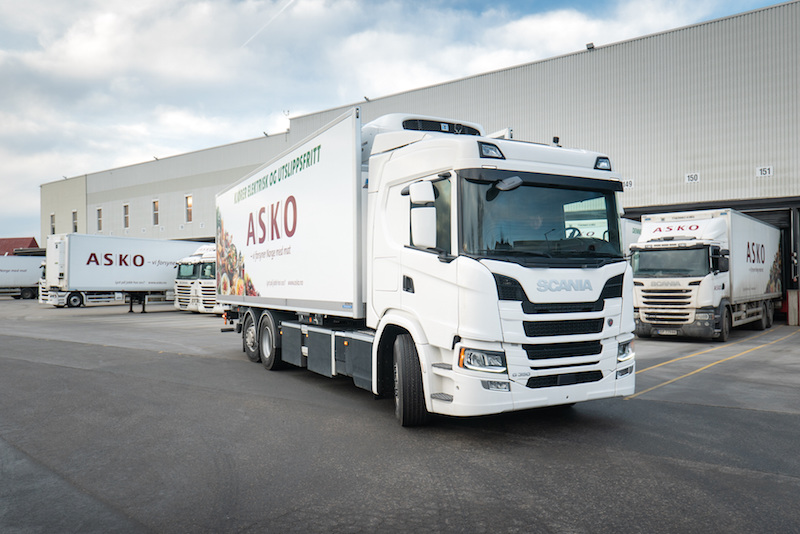
Meet the contestants
There are two obvious zero emissions alternatives to diesel, both
It’s time to log in (or subscribe).
Not a member? Subscribe now and let us help you understand the future of mobility.
Scroll
News
Magazine
Articles
Special Reports
Research
OEM Tracker
OEM Model Plans
OEM Production Data
OEM Sales Data
1 user
- News
- yes
- Magazine
- yes
- Articles
- yes
- Special Reports
- yes
- Research
- no
- OEM Tracker
- no
- OEM Model Plans
- no
- OEM Production Data
- no
- OEM Sales Data
- no
1 user
- News
- yes
- Magazine
- yes
- Articles
- yes
- Special Reports
- yes
- Research
- yes
- OEM Tracker
- yes
- OEM Model Plans
- yes
- OEM Production Data
- yes
- OEM Sales Data
- yes
Up to 5 users
- News
- yes
- Magazine
- yes
- Articles
- yes
- Special Reports
- yes
- Research
- yes
- OEM Tracker
- yes
- OEM Model Plans
- yes
- OEM Production Data
- yes
- OEM Sales Data
- yes
- News
- yes
- Magazine
- yes
- Articles
- yes
- Special Reports
- yes
- Research
- yes
- OEM Tracker
- yes
- OEM Model Plans
- yes
- OEM Production Data
- yes
- OEM Sales Data
- yes

